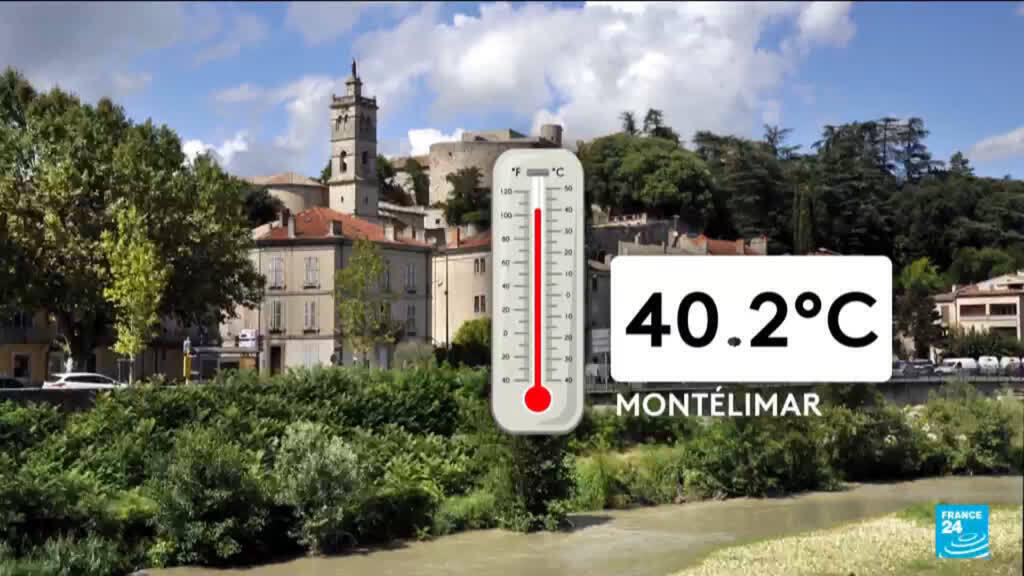Severe Heatwave and Wildfires Affect Southern Europe
A devastating heatwave sweeping across southern Europe has resulted in the tragic deaths of at least three individuals. The extreme temperatures are exacerbating the situation by fueling numerous wildfires, which are causing extensive damage and forcing thousands of residents to evacuate their homes. This alarming phenomenon has raised concerns among local authorities as they strive to manage the crisis effectively.
In France, particularly in cities affected by the heat, local officials have mobilized resources to provide adequate support for vulnerable populations. Special attention is being directed towards the elderly, who are often more susceptible to the adverse effects of extreme heat. Authorities are implementing precautionary measures including setting up cooling centers, distributing water, and advising residents to limit outdoor activities during the hottest parts of the day.
The situation is critical as wildfires continue to rage across several regions in southern Europe, threatening not only lives but also significant ecosystems and property. Emergency services are stretched thin, battling flames in various locations while trying to ensure the safety of those forced to evacuate. As the fires spread, so does the urgency for effective firefighting strategies and public safety protocols.
Countries such as Greece, Italy, and Spain are also grappling with the consequences of the ongoing heatwave and wildfires. In Greece, the government has deployed firefighting aircraft and additional ground forces to combat the blazes, emphasizing the need for robust emergency response measures. Meanwhile, in Italy, public health officials are issuing warnings pertaining to heat-related illnesses, urging residents to stay hydrated and vigilant.
As the heatwave shows no signs of abating, it is crucial for authorities to remain proactive in their response efforts. The combination of high temperatures and the threat of wildfires serves as a stark reminder of the increasing frequency of extreme weather events linked to climate change. Such conditions not only pose immediate risks to life and property but also highlight the need for long-term strategies to mitigate the impacts of climate change on vulnerable communities.
The community response is commendable, with many residents stepping up to help their neighbors. Volunteer groups are organizing efforts to provide food, water, and shelter to those affected by the emergencies. This sense of solidarity underscores the resilience of communities in the face of adversity.
In conclusion, the current heatwave and wildfire crisis facing southern Europe underscores the urgent need for comprehensive disaster preparedness and climate adaptation strategies. Authorities at all levels are working tirelessly to ensure the safety of their populations while addressing the challenges posed by this unprecedented situation.












